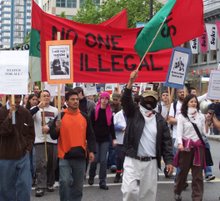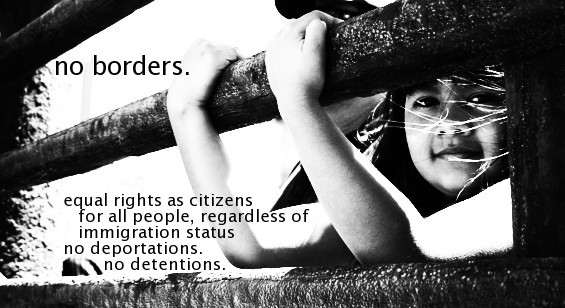Social Change and Building the Ties That Bind 15 May 2007 by Raúl Zibechi
“The question of power is not resolved by taking the government palace, which is easy and has been done many times, but rather by the building of new social relations,” said João Pedro Stedile, coordinator of Brazil’s Landless Rural Workers’ Movement (MST), at the 2005 World Social Forum. His comment reflects a new vision of social change, one that until recently was almost exclusively promoted by the Zapatistas of Chiapas, but that has been gaining traction in prominent sectors of Latin America’s new social movements.
Among the region’s most important social movements, the growing sense is that activists should concentrate on constructing social relations different from hegemonic ones, relations anchored in horizontality and reciprocity. Indigenous movements in Bolivia, Mexico and Ecuador, the landless in Brazil and the unemployed and recovered factory workers of Argentina all have something extremely important in common: their strength is born from the building of communitarian relations in the geographic territories they occupy.






